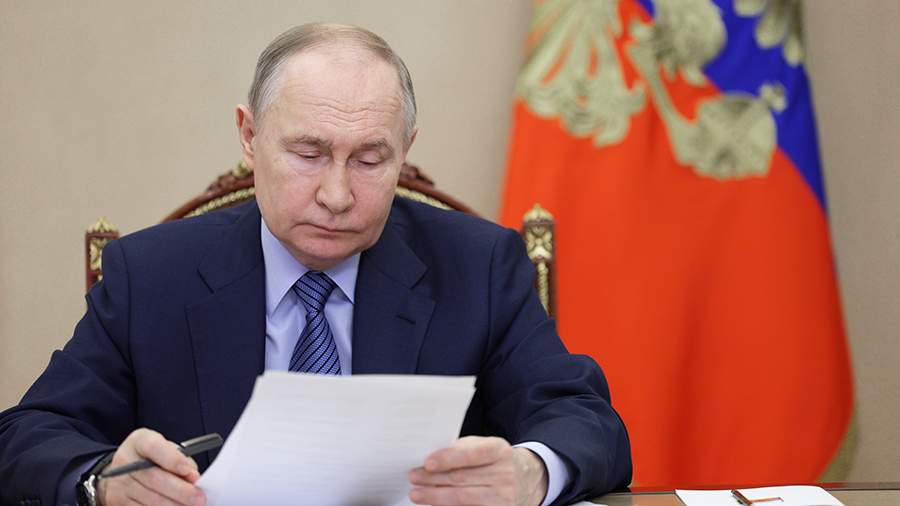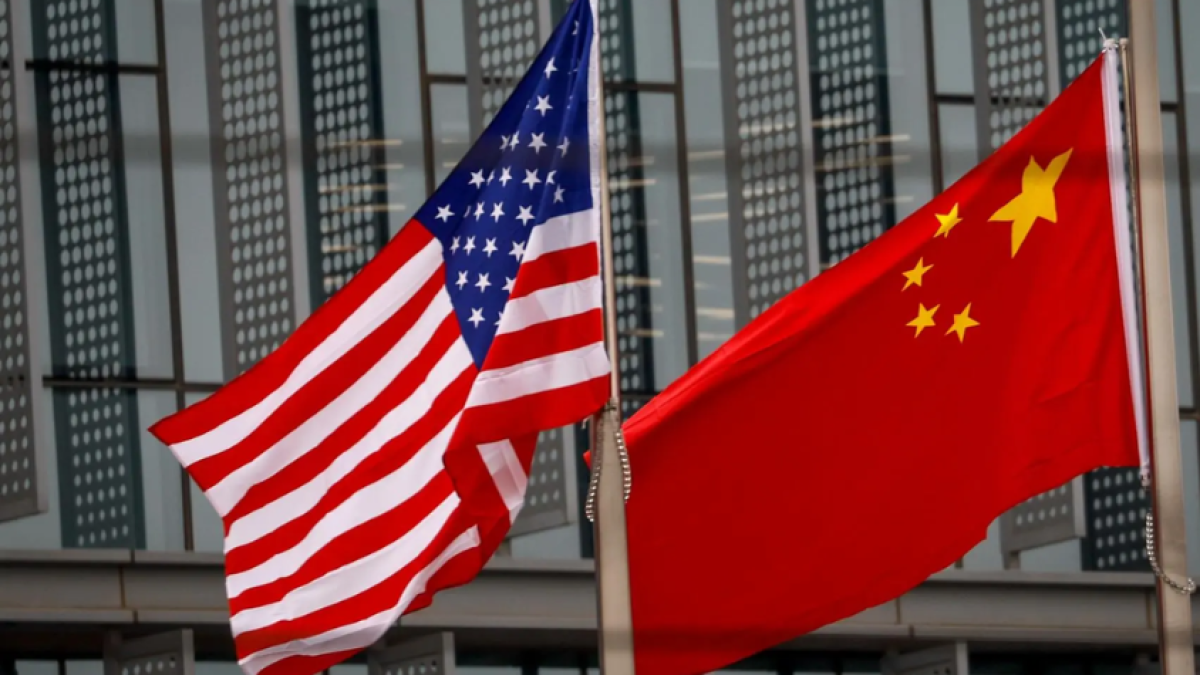Most of the foreign colleagues of biathlete Olli Hiidensalo and Erika Jänkä are in the army. Could athletes in Finland also be hired to train at the expense of the state and be obliged to defend the country in times of need?
Kontiolahti
Biathlon is based on military sports, making the sport more relevant than perhaps ever in the current generation.
In many countries, the biathlon federation is run by a militaristic organization because the sport is associated with a weapon. Until recently, no one would have emphasized this point in any way.
Many Italian, French, Austrian, German, Swiss, Russian, Belarusian and Ukrainian biathletes are more or less nominally border guards, police officers, customs officers or soldiers.
The state pays them a salary for training and representing the country.
For example, Italian Dorothea Wierer and French Justine Braisaz-Bouchet are nominally employed by customs. Wierer has also participated in the World Military Championships. French Simon Fourcade and Germany Benedict Doll are soldiers.
Ukraine’s best shooter, world champion Dmytro Pidrutšnyiis currently defending its homeland against Russian invasion of the military part of its national guard.
Dorothea Wierer is on the Italian customs payroll and competes in the World Military Championships.
In Finland as well skiers and biathletes were still in the bread of the army in the 1980s.
The Border Guard in particular provided good jobs for top athletes. The troop divisions actually competed for who had the best skiers.
Athletes were also allowed to practice and compete quite freely. It aroused resentment and envy, and several complaints were made. As a result, the various freedoms of athletes in the Defense Forces were radically reduced.
Tero Seppälä (left) sent Olli Hiidensalo on a cross-country skiing World Cup message in Kontiolahti on Friday.
Would be now is the time to go back in time? Hire athletes to train at the expense of the state and oblige them to defend the country in a time of need?
In recent years, the Defense Forces has quietly increased its service to active athletes, but the numbers are still small.
About the national team biathletes Olli Hiidensalo and Tuomas Harjula are sports non-commissioned officers, as are cross-country skiers Ristomatti Hakola.
In total, the Defense Forces has eleven sports non-commissioned officers whose task is to train and represent their sport.
Hiidensalo’s temporary wash ends in April.
“It is unfortunate that this is the situation in Finland. Most of my colleagues are in state bread in the world. There are 700 athletes in Germany and almost 200 in Austria on the army payroll. Not to mention Italy, which has forest guards and carabinieri from all over the world, ”says Hiidensalo.
According to him, there has been a good and functional system in Finland, which has been run down over time.
“The opportunity has been missed and it’s hard to get back to it. Many shy away from how much money is put into it when athletes are working at the border or in the Defense Forces. It requires an initial input for the system to start producing. It’s hard to make it go through. ”
Biathlete Erika Jänkä is a border guard on the eastern border in Kostomuksha but trains in Vuokatti.
“Erika has developed her profession there. However, there is no major development in the number of athletes in the service of the Defense Forces, unfortunately, ”President of the Finnish Biathlon Association Kalle Lähdesmäki says.
He praises the Defense Forces Sports School, which serves 5-7 biathletes.
“If, for example, the Border Guard wants to hire athletes without a work obligation, that is a good thing. In Central Europe, that is the accepted practice. It is not visible that this would come to Finland, ”says Lähdesmäki.
Immo Kuutsa once served as head coach for both skiing and biathlon. During his coaching sessions in the 1970s and 1990s, national teams comprised almost half of the state-owned athletes, police officers and border guards.
Kuutsa thinks there is a need to go back to the old way of doing things, for a number of reasons.
“Athletes could be government officials. It would not be a constant cry for contracts to be made for one Olympics at a time. The current system is herring salad. The pattern should be well designed and long lasting. Well-functioning regional sports academies need to be connected to the same pattern. ”
Defense Forces biathlon coach Ville Kotikumpu says being on state payrolls would make life easier and coaching for many young athletes.
“Getting more athletes to work in the Defense Forces would provide a basis for training. Many athletes have to think about where to get money. ”
Kotikumpu recalls that in the 1980s, the Defense Forces were able to detach people from the sport. Today, it is no longer possible in the same way.
“The Defense Forces is the only organization with athletes at work. One can also choose a military career and play sports through it, such as Niko Husu does, ”he says, raising a promising cross-country skier attending a cadet school, for example.
How well would Finns understand such a pattern of state sports if they wanted to move to it in some way?
“If that were the case Iivo Niskasen level skiers, that would not be a problem for the Finnish people. If there were no success again, it would be harder for people to understand, ”Kotikumpu estimates.
“The people do understand,” Kuutsa says.
Minister of Sports Antti Kurvinen (center) supports the recruitment of athletes for the Defense Forces or the Border Guard with certain reservations.
“The idea is interesting and I consider it a good model but the athletes are individuals and different. It might suit some people to go back to the old way in a modern way, ”Kurvinen, who visited the Kontiolahti Biathlon World Cup on Saturday, told HS.
“It’s not this day or the future that all athletes will be in government service.”
Kurvinen wants to find out the means for top athletes brought about by the so-called dual career. In dual career thinking, the athlete is also studying or preparing for a post-sports career.
“I strongly think about dual career thinking that an athlete would get a job already during a sports career. A civilian career would be built at the same time and not in such a way that the athlete is left empty after playing sports for 15–20 years, ”says Kurvinen.
#Biathlon #Athletes #work #army #Finnish #biathletes #border #guards







